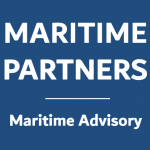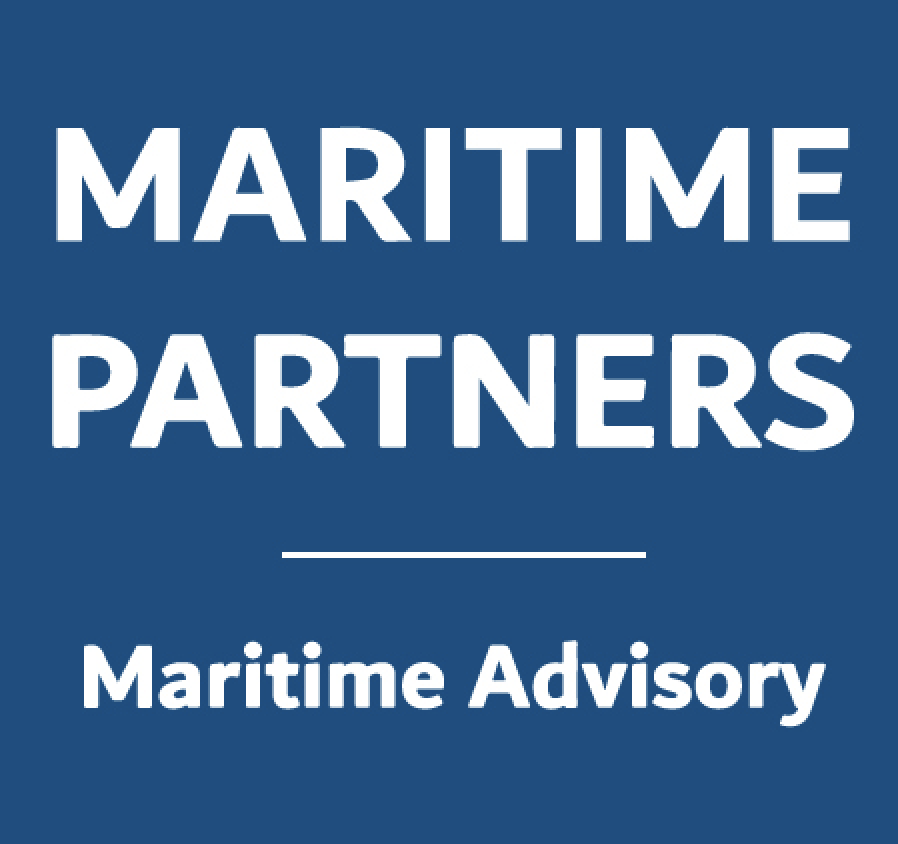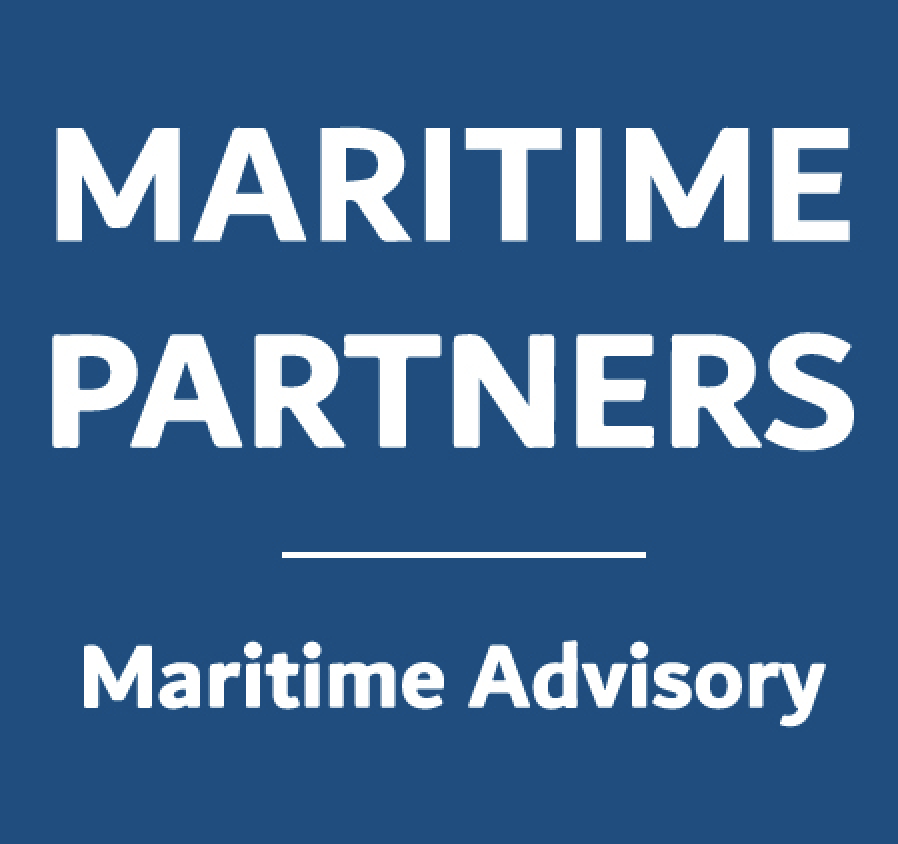
HOW PREPARED ARE WE?
We are all well familiar with the term All Going Well Weather Permitting (AGWWP). Navigating a pandemic is totally different. It has no noticeable warning signs. It has a global impact where no one is spared. Few (if any) have the experience to trigger a level of awareness and register it as a risk event, or would have thought that the probability of happening is so negligible to worth the resources to prepare for it.
On a macro level, many countries did not react swiftly to pre-empt a possible epidemic. It is now visible that even advanced economies are badly caught by surprise. We are now witnessing the global economy entering a recession in 2020 and likely beyond.
HOW WELL ARE YOU MANAGING YOUR RISKS?
Is your business prepared to survive through this pandemic? How resilience is you employees and your business processes to cope with this health risk? How long are you prepared for your business to sustain in this disrupted economy? Would you expect business as usual when this pandemic is over? Are you ready to face a new business norm as it emerges?
MITIGATION STRATEGIES – BUSINESS CONTINUITY PROGRAM
Your business should evaluate five risk management steps in the short to medium term :
1. Readiness Assessments
A readiness assessment is a good place to start when organizations don’t know what their business continuity program should comprise. Industry and role readiness templates as well as pandemic-specific templates allow an organization to evaluate their business continuity program against a best practice standard and identify where gaps may exist. This includes assessment of readiness related to :
A. Emergency response team.
B. Emergency contingency plans
C. Communication to employees, customers and suppliers.
D. Wellbeing of employees to ensure appropriate resumption of work.
E. Supply chain response plans.
F. Identify contracts which may be affected.
G. Social responsibility and stakeholder management
H. Adjustment of financial plans and cash flow to keep afloat and enter opportune investments.
2. Risk Management Plan
All organizations should complete a risk assessment on their core business processes to identify and prioritize any new risks or gaps in their existing controls for new scenarios like pandemics, recession, and geopolitical conditions risks. First-level managers on the front line when prompted with risks are in the best position to be able to assess how these scenarios will impact their areas of responsibility.
3. Business Impact Analysis
Not all risks within processes or functions within an organization should be treated the same way. A business impact analysis allows organizations to identify which parts of the business are most critical to its operations. Use the results to determine which parts of the organization to prioritize during a business continuity plan event to maintain operations.
4. Policy Management
As the pandemic evolves and new information arises, policies will need to be revisited, updated and communicated.
5. Incident Management
Incident management is typically a highly siloed activity embedded within a process. In times of change management, a unified enterprise-wide mechanism is needed as an input to evaluate the effectiveness of mitigation and policy activities as well as to manage the exceptions, which are typically 20% of all activities.
ADAPTING A NEW NORM
Business will most likely not revert to how it was. We will be operating with a new norm. Companies may evaluate their intertwined supply chain model looking from the supplier’s supplier to the customer’s customer. Contracts would be reviewed and rewritten to factor such risks. Insurance protection will be redefined. Identify the risks along the chain and be ready to address with mitigation plan for business agility. If operating at a reduced workforce is able to deliver the same result, then are there better ways to redeploy resources? How would you manage and prepare your human capital to face new business environments?
Companies would need to place “health and safety” as one of the key risks to operate with the condition “All Going Well Health Permitting”.
MARITIME PARTNERS ASSIST YOU IN MANAGING YOUR BUSINESS RISKS THROUGH THE CRISIS AND RECOVERY
We can assist you to identify the risks your business faces, and help you to develop a risk mitigation program. A typical assessment takes approximately 1-2 weeks, depending on the availability of management. It begins with a review of your organization’s current documentation, three to five interviews with senior executives and a roundtable with key stakeholders by video conference.

Maritime Partners is an independent advisory firm founded by partners with diverse maritime background and network.
We have extensive experience in Strategy, Operations, Shipowning, Finance and Risk Management through senior management positions with leading global and regional maritime companies and maritime start-ups.
We advise our Clients on strategic, financial, operational, organisational and risk issues, leveraging our industry expertise and using analytical rigor. Our aim is to help our Clients to make better decisions and meet their objectives earlier or better. Also, we are committed to take execution roles in our Client’s Company if required by the Client in order to achieve the desired results.
Our Clients include listed and private companies in the shipping & logistics industry, investors, financial institutions, P&I/underwriters and governments globally.

